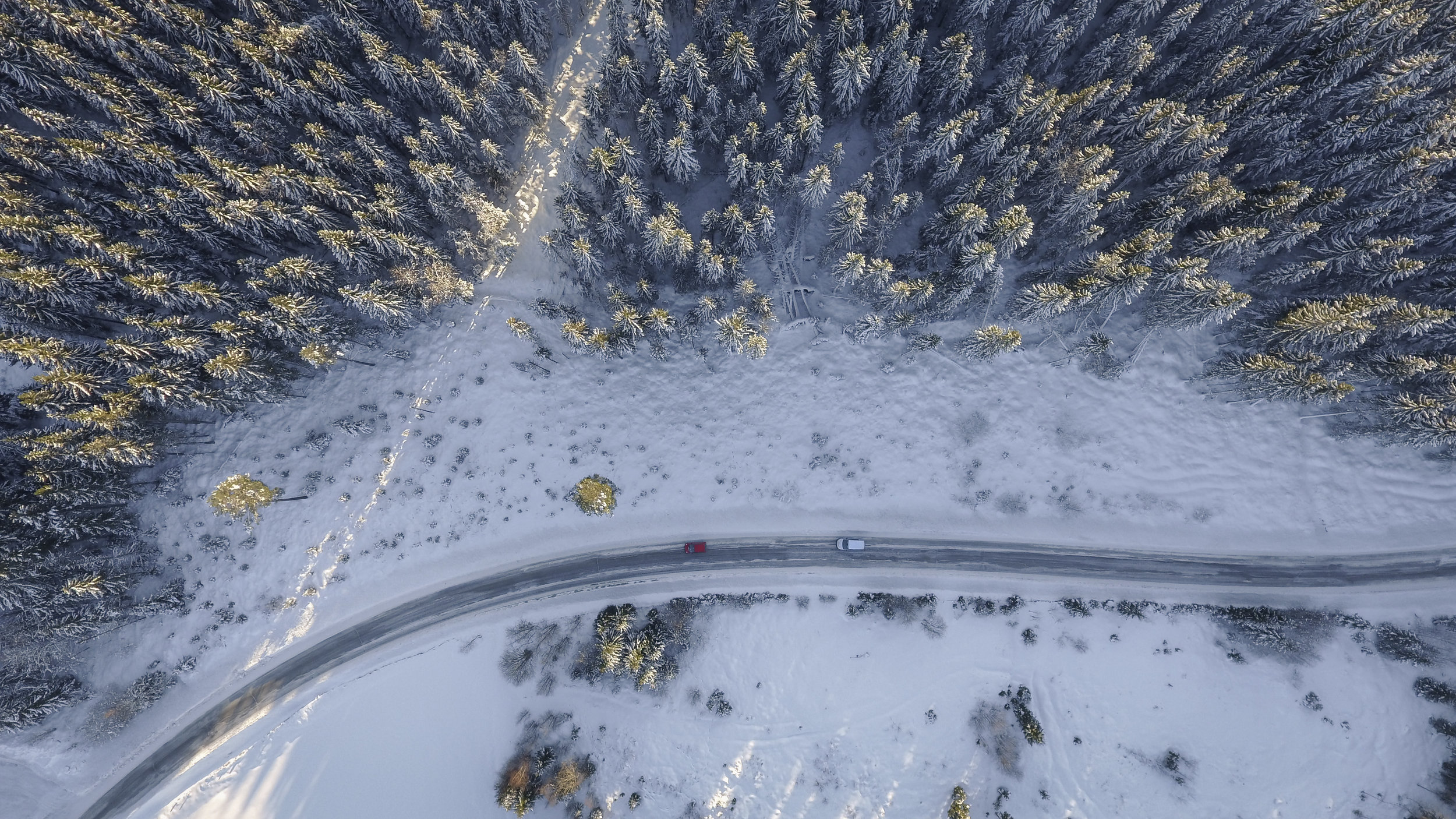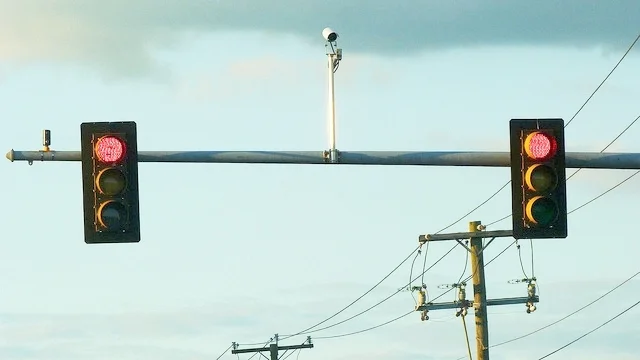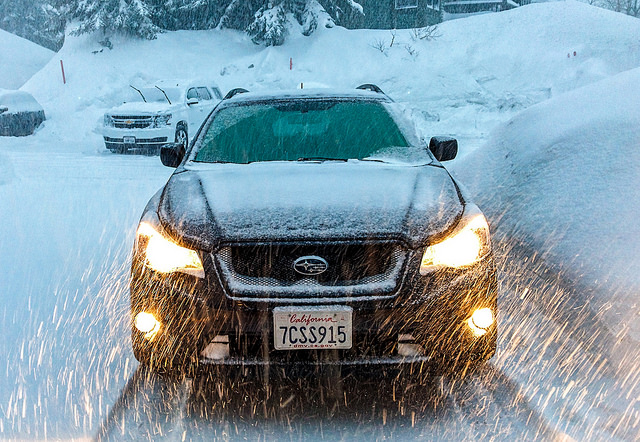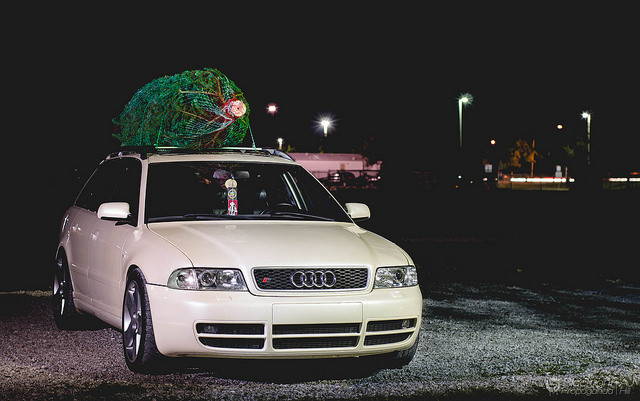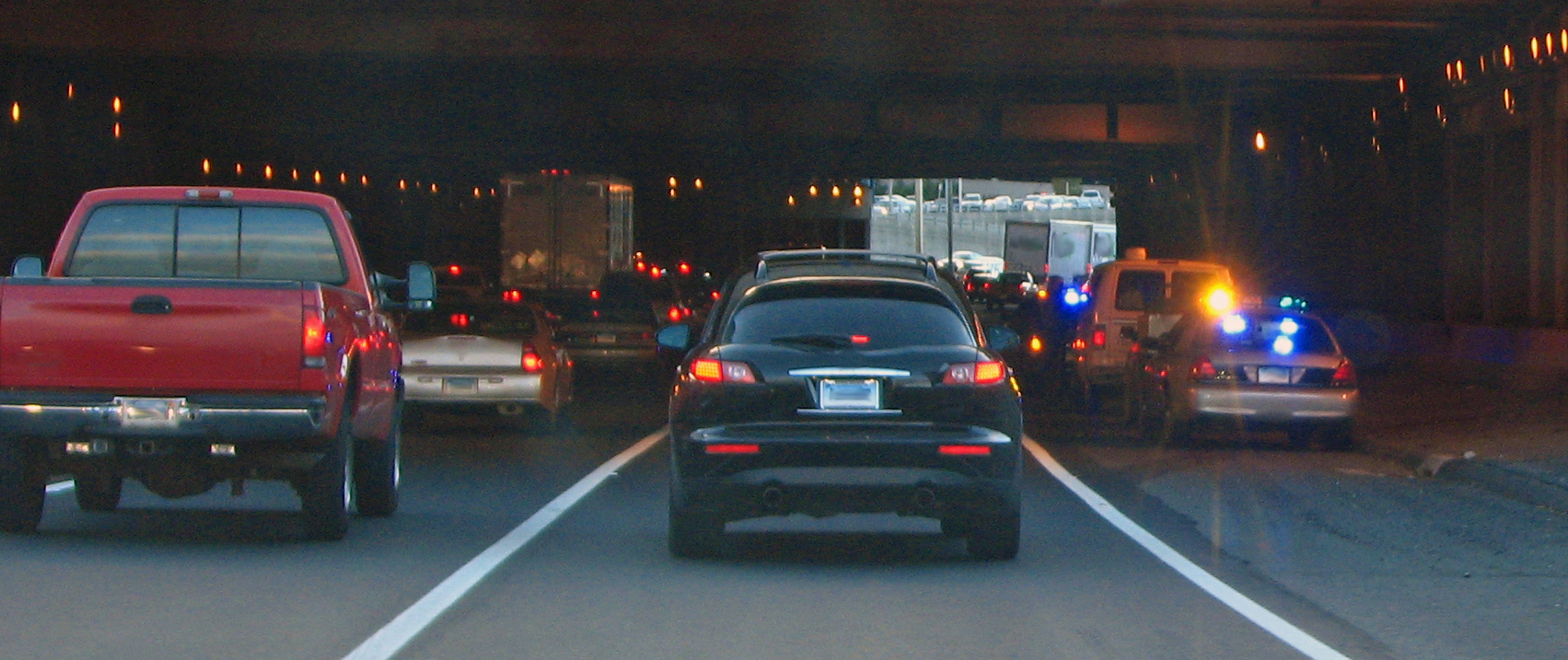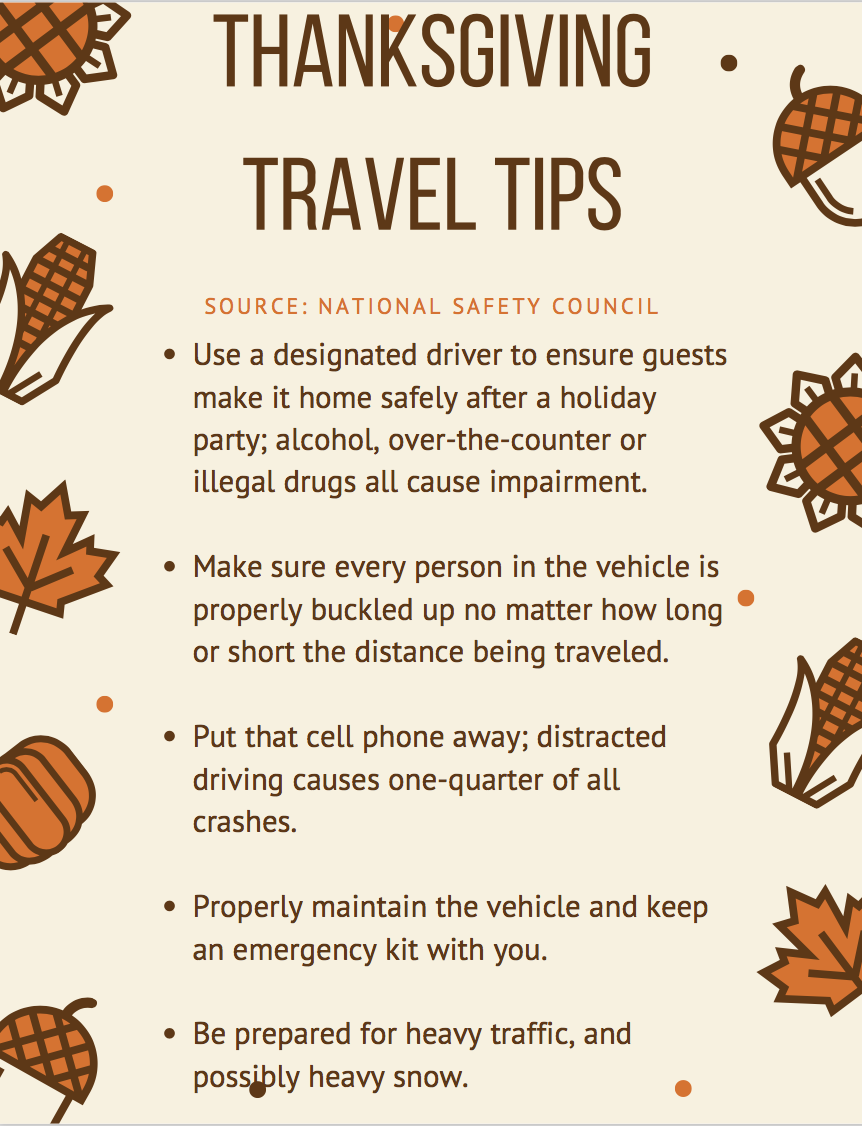It is almost impossible to separate Christmas and New Years from drinking alcohol. From spiced wine, spiked punch, and brandied eggnog at holiday parties, to beer while watching football on New Year's day, almost every holiday event has a corresponding alcoholic beverage. And while it is, of course, fun to celebrate the holidays with friends and family, with a drink or two, often times figuring out how to safely get home from those parties is overlooked. The winter holiday season is therefore unfortunately notorious for seeing a spike in drunk driving accidents, as too many people drunkenly get behind the wheel after their holiday celebrations.
According to the National Institute on Alcohol Abuse and Alcoholism (NIAAA), more people are likely to die in alcohol related crashes during the holidays than at any other time of year. During Christmas and New Year's, 2 to 3 times more people die in alcohol-related crashes than during comparable time periods during the rest of the year. During this time period, alcohol causes 40% of traffic fatalities, as compared to just 28% during the rest of December.
Data collected by the National Highway Traffic Safety Administration (NHTSA) shows that in December of 2015, drunk driving resulted in 840 deaths. Also in that month, drunk driving accidents were 4 times more likely to occur at night as opposed to during the day. In Michigan alone, the Michigan State Police reported that there were 5 fatal crashes and 6 fatalities on Christmas day in 2016. On New Year’s Eve 2016 and New Year’s Day 2017, there were 9 fatal accidents and 11 fatalities. In all of these car accidents, alcohol and lack of seat belt use were factors that lead to car accident fatalities.
Making matters worse, there is a significant increase in traffic during the holidays, putting more people at risk of being involved in any type of car accident, let alone a drunk driving car accident. According to the U.S. Department of Transportation, the amount of long distance road trips taken increased by 23% during Christmas and New Year’s as compared to the rest of the year. People travel, on average, 275 miles to visit friends and family over the holidays, with about half of travelers completing their trips in one day, without spending any nights away. So many people on the road means heavier traffic, and more people at risk of being involved in an automobile accident. Unlike Thanksgiving, Christmas and New Year’s fall on a different day of the week each year, making traffic patterns more difficult to predict.
When consuming alcohol at holiday parties, drivers often don't realize just how drunk they are, and think they are OK to drive. When alcohol is consumed, skills that pertain to driving (such as concentration, and decision making) are diminished more quickly than some of the more obvious signs of drunkenness take to set in. Even though alcohol may not initially change the drinker's behavior, anyone who imbibes alcohol may still be impaired. Alcohol slows reaction times, makes it tough to control behavior, and may even amplify aggression. When large quantities of alcohol are consumed, speech can be slurred and drinkers may feel a loss of balance and drowsiness. All of these symptoms of drinking can impair driving abilities, and a person experiencing drunk driving behavior has no business being behind the wheel.
If you find yourself enjoying an alcoholic beverage this holiday season, call an Uber or take the bus home. Better yet, if you know you'll be drinking ahead of time, prearrange a ride. If you're spending the holidays with a group of people who will all be partaking in alcoholic beverages, select a designated driver. These are all ways in which you may be able to reduce the likelihood of causing a drunk driving accident. And if you see someone who is drunk at a party, HuffPost has the following tips for helping prevent a drunk driver from taking the wheel.
Holiday Drunk Driving Prevention Tips
If someone is noticeably impaired, take away their keys.
Remind drunk people that police often set up more drunk driving checkpoints during holidays (although this is illegal in Michigan, so it may only work if you are out of state).
Set ground rules, such as a person cannot start drinking until they have turned over their keys
Find out who at the party does not drink, and assign them as designated drivers.
If you’re at a family party with teenagers, hire them out to “babysit” the adults by driving them home.
So, if you have a drink or two during holiday festivities, keep in mind that no matter how quickly you think you can sober up, or if you’re the "least drunk" person at the party, anyone who has been recently consuming multiple alcoholic drinks is not suitable to drive. There are plenty of options available to make sure a drunk person does not operate a vehicle. While you can’t guarantee you won’t be involved in an automobile accident, you can guarantee that you will not be the one to call an accident attorney and admit to driving drunk.
Drunk driving is never OK, but alcohol-related accidents are unfortunately common during the holiday season. If you or a loved one have been the victim of a drunk driving automobile accident, call The Michigan Law Firm, PLLC at 844.4MI.FIRM for a free legal consultation. Let us handle the legal issues while you focus on recovering.



